🌍 Environmental
Facilitates construction material reuse, reduces virgin extraction, and minimizes landfill — directly supporting Scotland's transition to net zero.
Developing a blockchain digital marketplace for construction material reuse hubs. A trustworthy, real-time tracking system connecting stakeholders across Scotland's reuse ecosystem.
Scotland faces a critical construction waste challenge. Currently, we're only 1.3% circular1—meaning almost all materials (98.7%) come from new sources rather than being reused. Construction and demolition create up to half of Scotland's total waste2 and about 61% of all UK waste3. Despite high recovery rates, roughly 1 in 8 tonnes of construction waste4 still goes to landfill.
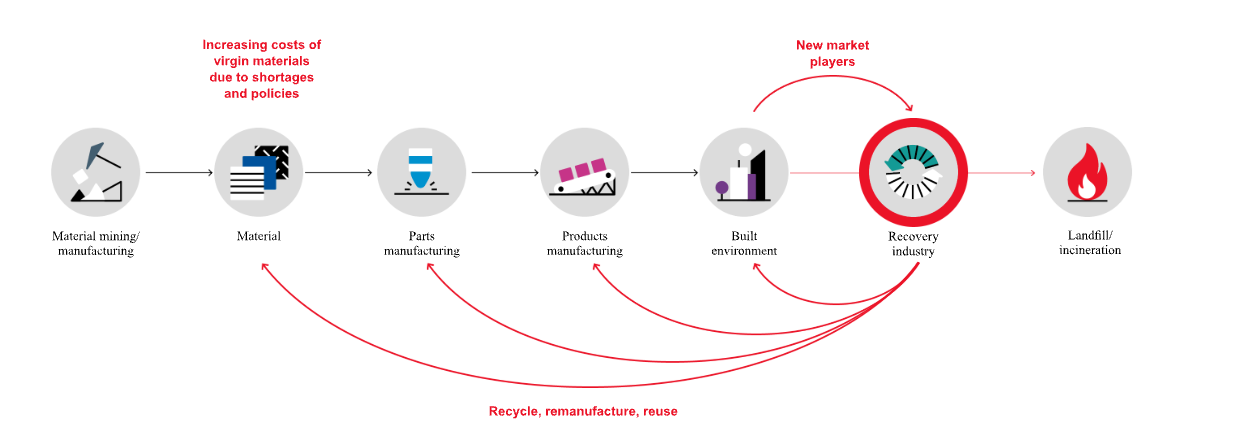
TRACE will address this challenge by developing a blockchain-enabled digital marketplace that will revolutionize how Scotland's construction industry tracks materials, secures funding, and governs sustainable practices. The platform aims to tackle two fundamental barriers: limited reuse hub coverage and the lack of reliable, real-time information about available reclaimed materials.
Once operational, TRACE will leverage blockchain's immutable ledger to create an unbreakable chain of custody for construction materials from demolition through to reuse. Each material will receive a digital passport recorded on-chain, capturing its origin, composition, structural properties, and environmental certifications. IoT sensors will continuously update material conditions, while QR codes will provide instant field access to complete histories.
Every transaction on TRACE will contribute to Scotland's circular economy metrics through blockchain's distributed verification system. Environmental impact data will be automatically aggregated and audited on-chain, providing regulators with real-time progress toward the 2030 Route Map targets.
By combining blockchain's trust architecture with practical construction industry needs, TRACE will transform circular economy policy goals into operational reality. The platform is designed to make it not just possible but profitable for architects, engineers, contractors, and developers to choose reclaimed materials—positioning Scotland's construction sector to shift from 98.7% linear to increasingly circular, one verified block at a time.
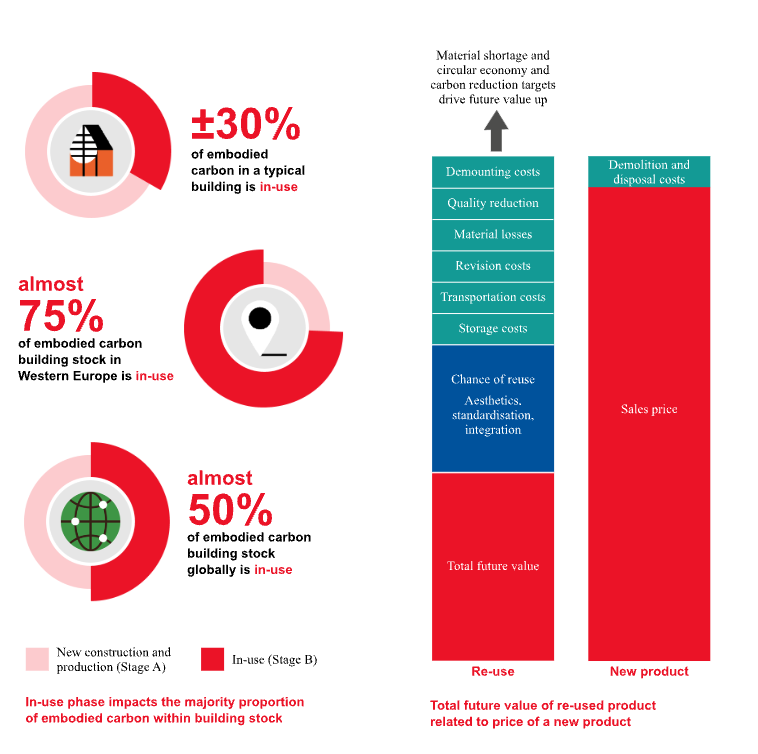
Facilitates construction material reuse, reduces virgin extraction, and minimizes landfill — directly supporting Scotland's transition to net zero.
Explores the commercial viability of scaling digital reuse solutions, enabling new revenue for demolition contractors and cost savings for builders.
Provides a tangible, open tool designed to promote circularity and digital adoption across Scotland's AEC industry.
Supports the Scottish Government's circular economy and waste route map to 2030 and contributes to UN SDG 12.
Make reused materials as accessible and trustworthy as virgin alternatives; support job creation; reduce environmental impact; and inform policy via evidence-based recommendations for reuse-hub networks.
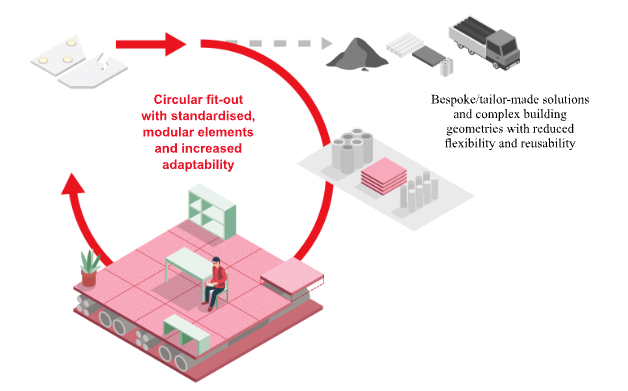
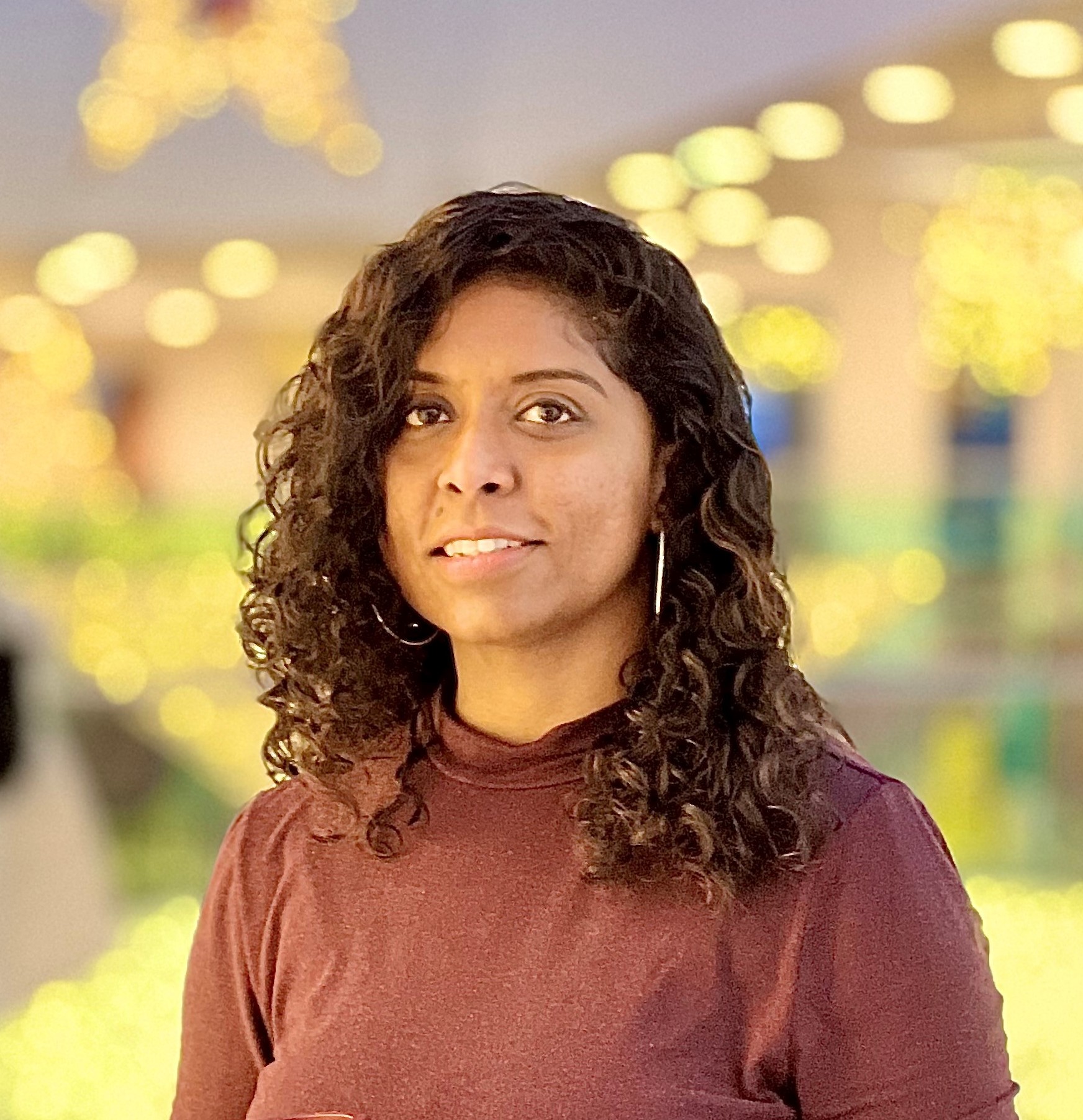
Lecturer, RGU, Co-investigator
Dr. Michele Victoria is passionate about sustainability and dedicated to driving real-world impact through her research in embodied carbon, circular economy, and sustainable construction. She leads and collaborates on projects that shape policy and practice toward a more sustainable built environment.
LinkedIn →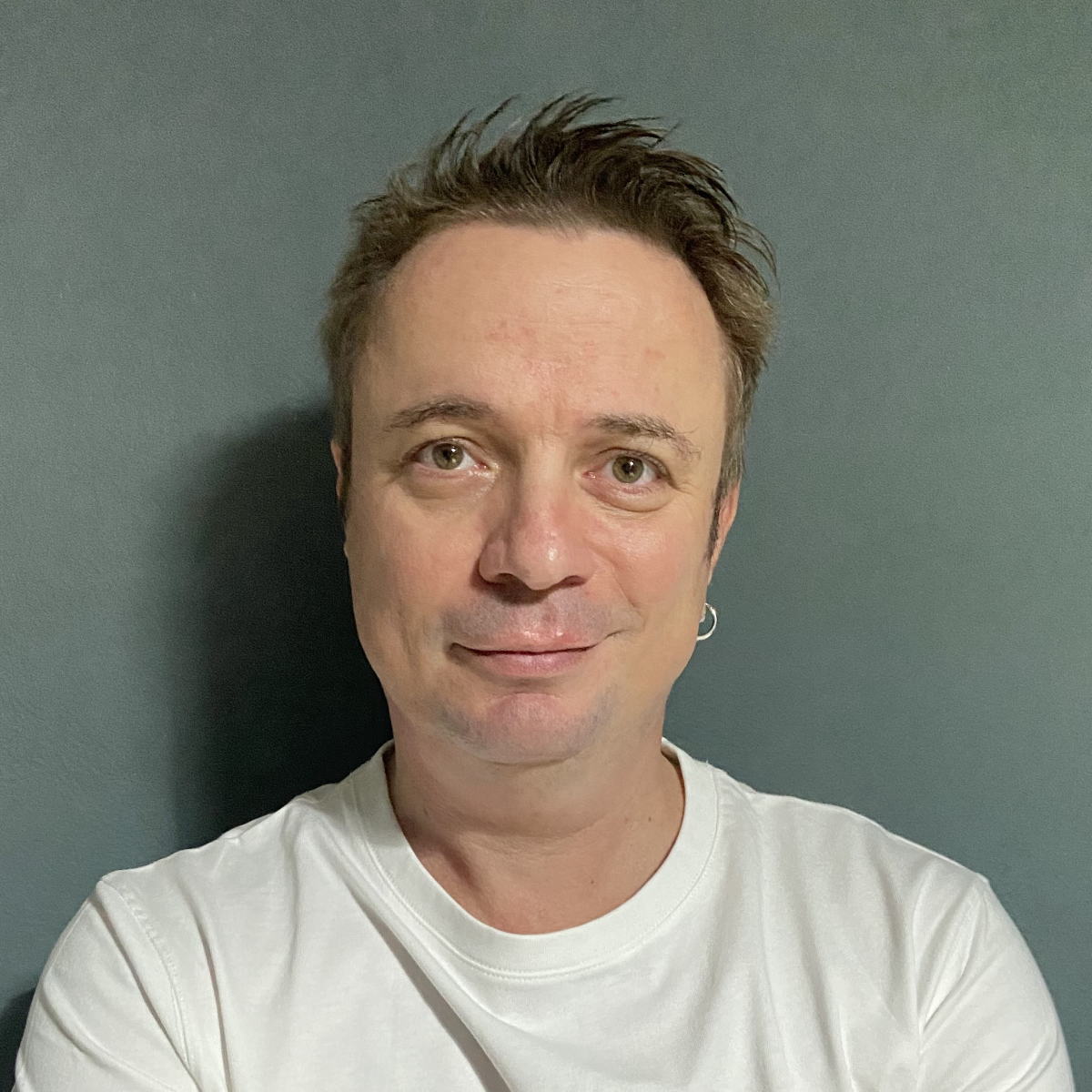
Associate Professor, HWU, Co-investigator
Dr Theo Dounas is an architect and engineer working in the digital strand of architecture and systems. Dounas is an expert in blockchain technology, generative and parametric systems, and the seamless integration of design processes with fabrication methods.
LinkedIn →
Vice Chair, Scottish Ecological Design Association
Magdalena, Vice Chair of the Scottish Ecological Design Association and Chartered Architectural Technologist, focuses her research and practice on planetary health, thriving communities and ecologically ethical decision making in retrofit of housing in a location specific, neighborhood scale context.
LinkedIn →
Postdoctoral researcher, Circular Economy
Gigi focuses on circular practices and behaviour change. On TRACE she convenes partners and turns workshop and survey insights into pilots, data schemas and clear communications. Trained in participatory and mixed-methods research with a graphic-design background, she pairs stakeholder engagement and evidence synthesis with Python-based data work to produce accessible, people-centred outputs.
LinkedIn →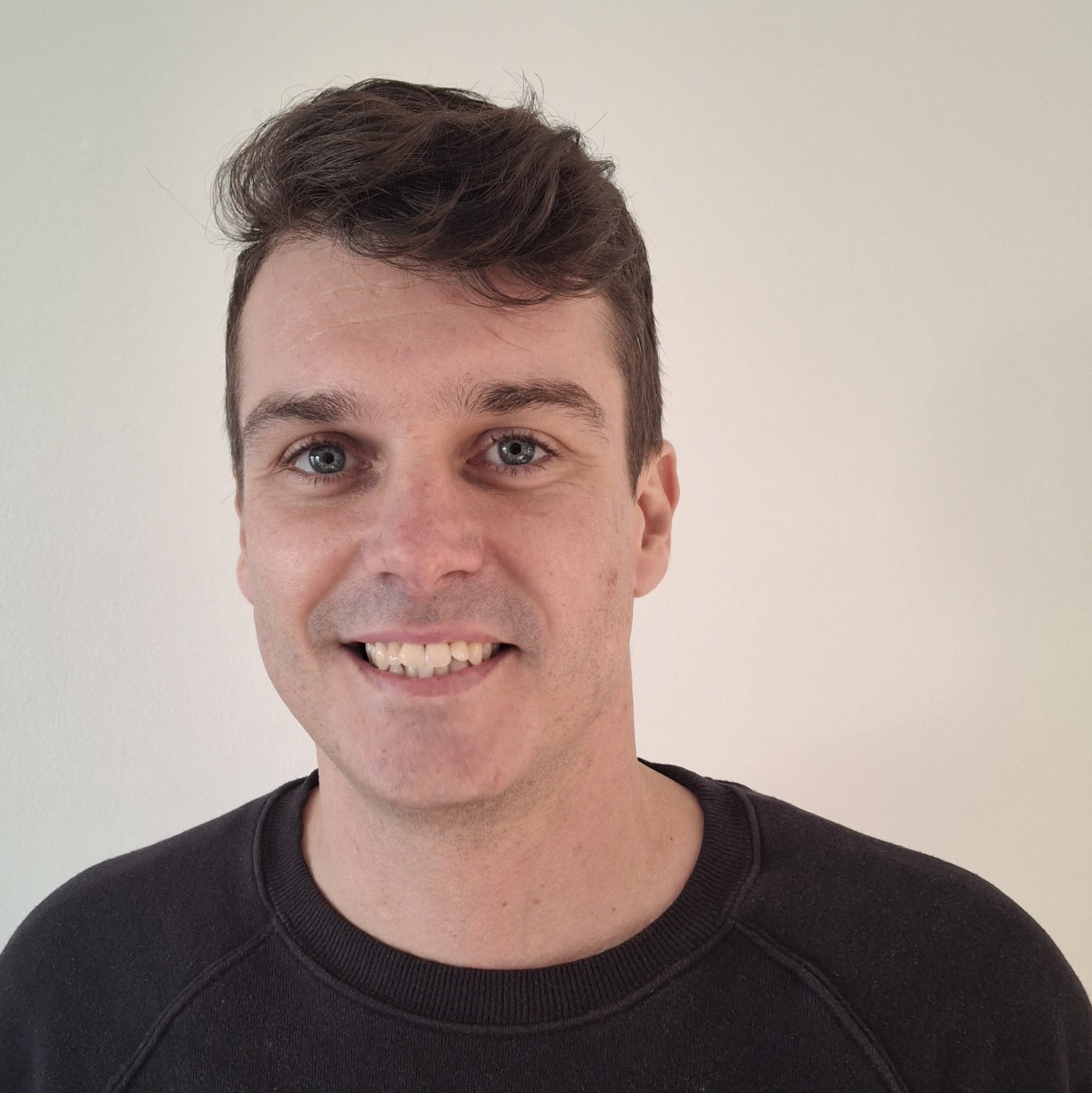
Co-Founder, Adventurous Systems
Hico Mc Donald is a civil and Web3 engineer and Co-Founder of Adventurous Systems, co-leading the development of Web3 and AI-enabled digital-twin infrastructure for the built environment. Drawing on more than a decade of experience in construction and renewable energy, he integrates blockchain verification and data interoperability to advance transparency and circular practices across the AEC sector.
LinkedIn →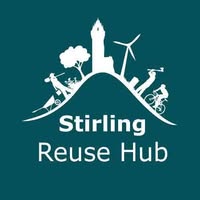
Providing operational insights and a real‑world testing environment for construction material reuse.
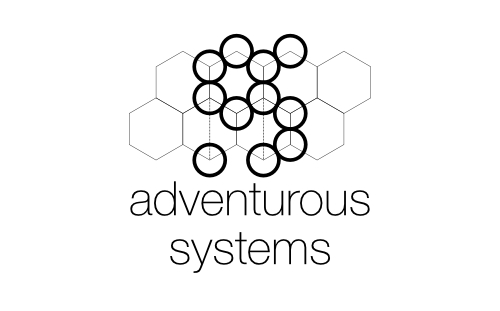
Technical development and prototype hosting expertise for Web3 and AI-enabled digital twins.
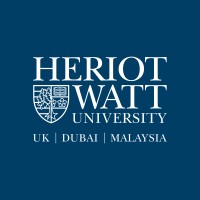
Academic research partner specializing in digital design and construction technologies.
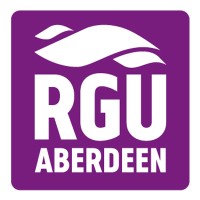
Academic research partner focused on embodied carbon management and circular economy research.
Collaboration of climate and sustainability experts mobilizing research and innovation to accelerate Scotland's transition to Beyond Net Zero.
We combine Design Thinking and Design Science research to ensure the solution meets actual user needs.
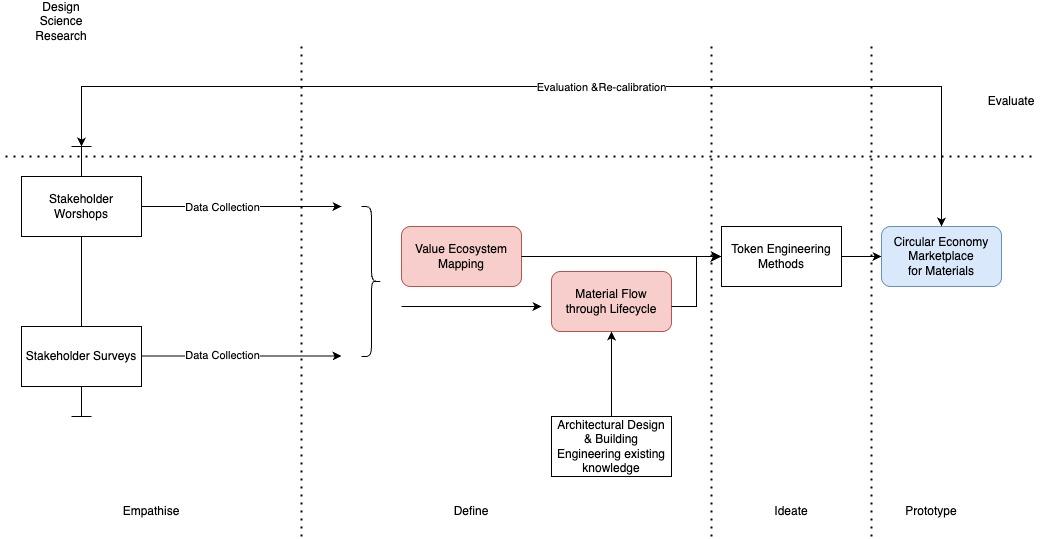
Visit SRH to observe operations and logistics. Run workshops with demolition contractors, architects, and builders. Collect data on supply-chain challenges.
Clarify problem scope and prototype boundaries. Identify key personas and their needs.
Brainstorm digital solutions. Select the most suitable and economical approach.
Build two UIs: non-expert (quantities, size, origin, cost) and expert (certifications, embodied carbon). Implement core functions using smart contracts & blockchain.
Test functionality and usability. Fix bugs and validate economic viability with real users.
We are committed to open dissemination of findings throughout the project.
Q1 journals and peer‑reviewed conferences documenting methods, datasets, and results.
Industry‑focused sessions sharing lessons with demolition contractors, architects, and reuse hubs.
Public engagement in Aberdeen and Edinburgh to promote circularity in construction.
Regular progress updates, datasets, and behind‑the‑scenes posts.
Central hub for prototypes, documentation, and calls to collaborate.
Duration: August 2025 – July 2026. The research is structured in three work packages running over 12 months, moving from stakeholder engagement through prototype development to testing and dissemination.
Stakeholder interviews, hub visits, workshops, and requirements gathering.
Design & build the marketplace MVP and tracking functions.
User testing, iteration, and publication of findings via journals, workshops, and events.
TRACE represents a collaborative effort to solve one of Scotland’s most pressing sustainability challenges. We welcome engagement from construction industry professionals, policymakers, and community organizations interested in supporting the transition to a circular economy. Subscribe to our mailing list here.
Supported by the Scotland Beyond Net Zero Seed Fund 2025.